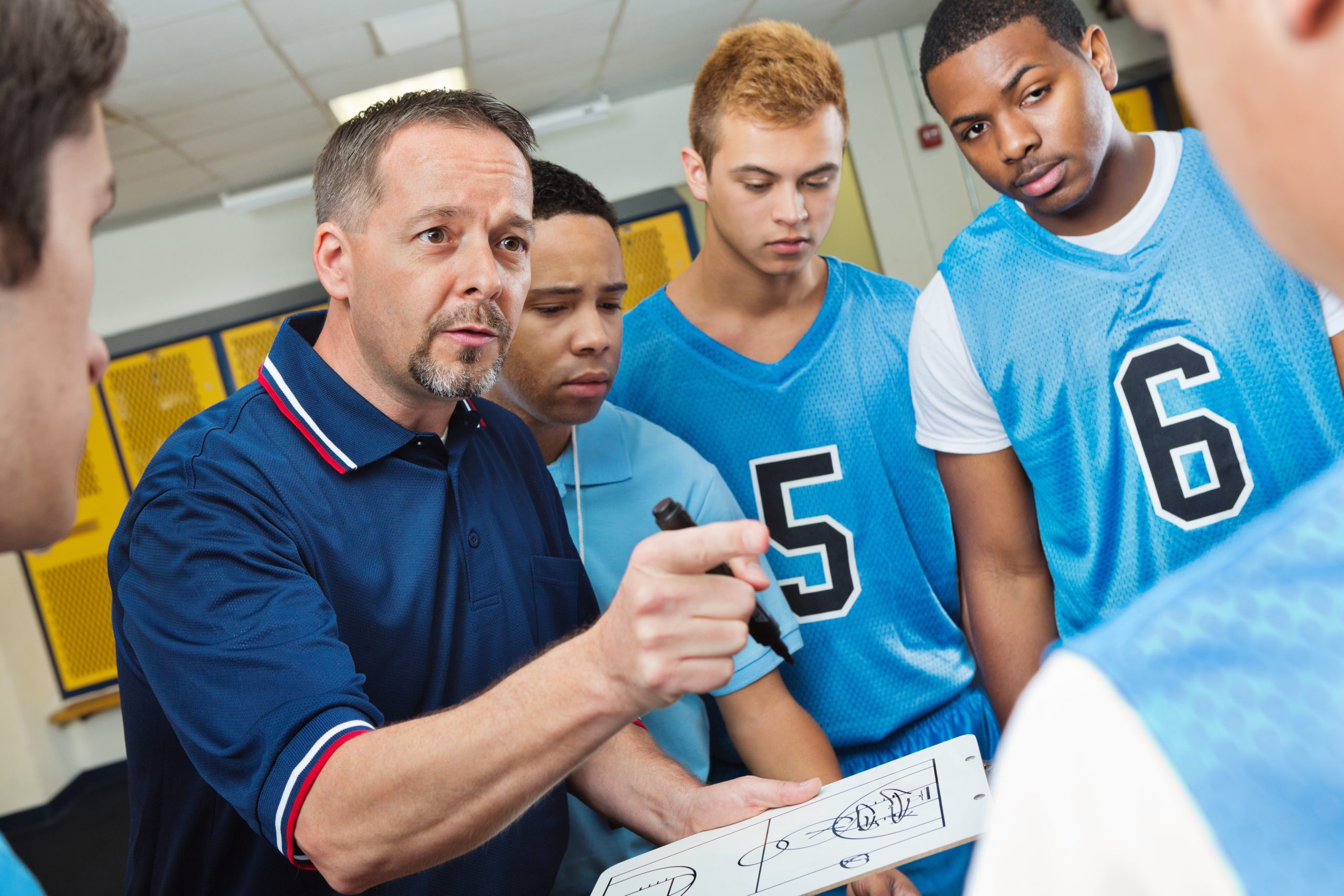Solving Complex Problems
Concussion management presents one of the more complex problems for an athletic trainer in everyday practice. Concussions can be difficult to identify and manage properly unless an athletic trainer and athletic department have the necessary resources.
In 2014 the National Athletic Trainers’ Association (NATA) published updated comprehensive guidelines for the management of sports concussion injuries.
This paper* contains 46 specific recommendations in the areas of:
- Education and Prevention
Documentation and Legal Aspects
Evaluation and Return to Play
Other Considerations: Equipment, Pediatric Concussions, Home Care Multiple Concussions
A team approach to the assessment of concussion should be taken and include a variety of medical a specialists…a neuropsychologist should be identified as part of the sports medicine team for assisting athletes.

Recommendations by the NATA panel include:
- “The AT should work with the appropriate administrators to ensure that parents and coaches are educated on the following aspects of concussion: prevention, mechanism, recognition and referral, appropriate return to participation, physical and cognitive restrictions for concussed athletes, and ramifications of improper concussion management.” (#2)
- “Athletes at high risk of concussion (eg, those in contact or collision sports) should undergo baseline examinations before the competitive season.” (#10)
- “A new baseline examination should be completed annually for adolescent athletes, those with a recent concussion, and, when feasible, all athletes.” (#11)
- “The baseline examination should consist of a clinical history (including any symptoms), physical and neurologic evaluations, measures of motor control (eg, balance), and neurocognitive function.” (#12)
- “Young athletes with a past medical history that includes multiple concussions, a developmental disorder (eg, learning disabilities, attention-deficit hyperactivity disorder), or a psychiatric disorder (eg, anxiety, depression) may benefit from referral to a neuropsychologist to administer and interpret neurocognitive assessments and determine readiness to return to scholastic and athletic activities.” (#21)
- “When working with children and adolescents, ATs should be aware that recovery may take longer than in adults and require a more prolonged Return-To-Play progression.” (#30)
- “Pediatric athletes are undergoing continual brain and cognitive development and likely need more frequent updates to baseline assessments.” (#33)
- “Athletic trainers should work with school administrators and teachers to include appropriate academic accommodations in the concussion-management plan.” (#34)
Broglio SP, Cantu RC, Gioia GA, Guskiewicz KM, Kutcher J, Palm M, Valovich McLeod TC; National Athletic Trainer’s Association. National Athletic Trainers’ Association position statement: management of sport concussion. Journal of Athletic Training. 2014 Mar-Apr;49(2):245-65. doi: 10.4085/1062-6050-49.1.07. Epub 2014 Mar 7.
For the Athletic Director, bringing concussion management services with neurocognitive testing to your athletic department has several advantages:
- You will know that your athletes are served by a comprehensive program that addresses the best-practice guidelines of the NATA.
- Parents of your athletes will know that you are addressing the serious issue of concussion risk.
- Your Athletic Trainer and Team Physician will have expert consultation to assist them in making crucial return-to-play decisions.
- You will reduce the risk of preventable disability and catastrophic injury for your student athletes.
For the Athletic Trainer and Team Physician, working with a neuropsychologist who specializes in sports concussion management offers several advantages:
- Knowledge of educating others about the effects of brain injury and the consequences of repeat concussions and more severe brain trauma.
- Expertise in interpreting neuropsychological tests of memory, speed, reaction time and impulse control that are central to understanding recovery from concussion.
- Experience in understanding and working with the wide variety of learning issues that students have, especially during recovery from concussion.
- The opportunity for more in-depth evaluation of student athletes who may be slower to recover.
To Contact Us
To refer your student athlete for office consultation or to arrange for a baseline test, contact our office manager Debbie Petrie at dpetrie@sportsconcussion.net or 617-959-1010.
For more information on TeleHealth School Consultation, click here.
SPORTS CONCUSSION
OFFICE HOURS
| Mon – Fri |
9:00 AM – 5:00 PM |
| Evenings | By Appointment |
| Saturdays | By Appointment |
“I have learned more about concussions & head injuries in working with Dr. McGrath for the past two years than I have in the 30 years in Athletic Training. The implementation of the computerized testing has been an enlightening experience for us in both athletic training and our academic community. Simply having access to the testing alone is not enough. You have to have an experienced expert to interpret the results in order to make informed decisions on returning athletes to participation and to the classroom. Having to work without this tool or the expertise of Dr. McGrath would be like to having to come to work blindfolded.”
Ellen A. Malloy, M.Ed., ATC, LAT Head Athletic Trainer | Thayer Academy, Braintree, MA